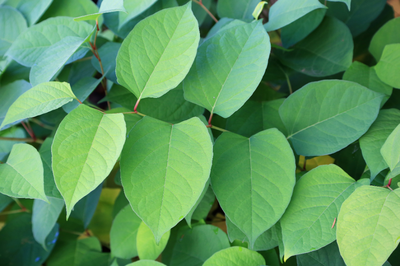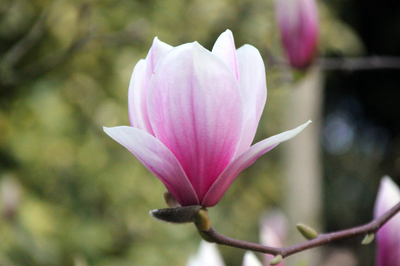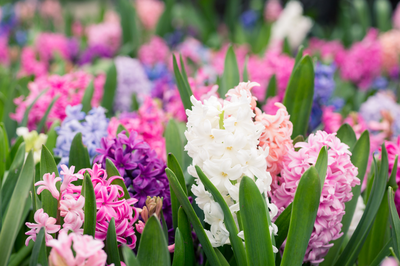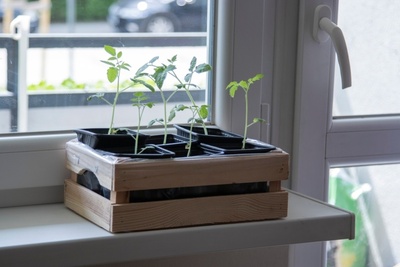The delights of gardening in winter
Discover the wonders of gardening in winter, a season of tranquillity and growth amidst frost-kissed landscapes. Winter, often associated with dormancy and barrenness, may seem like an unlikely time for gardening. However, beneath the icy surface lies a world of possibilities waiting to be explored. Embracing the challenges and unique conditions of the season, winter gardening offers a serene and rewarding experience for enthusiasts.
From nurturing cold-hardy plants to planning ahead for the upcoming spring, there are numerous ways to engage with nature and enjoy the therapeutic benefits of gardening during the colder months. Let us delve into the enchanting realm of winter gardening and discover the secrets it holds.
Embrace the cold: Selecting winter-friendly plants

As the winter sets in, the garden transforms into a landscape adorned with delicate frost crystals and subdued colours. To ensure a vibrant and thriving winter garden, it is essential to choose plants that can withstand the cold temperatures. Options abound, ranging from robust evergreens to resilient perennials such as hellebores, winter jasmine and witch hazel. These hardy plants not only endure the frost but also add a touch of beauty to the winter scenery, offering a glimpse of life amidst the dormant surroundings.
Tending to winter vegetables: A bountiful harvest
Gardening in winter provides a unique opportunity to grow a variety of vegetables that thrive in cooler temperatures. By utilising protective structures such as cold frames, hoop houses or even indoor spaces, you can extend the growing season and enjoy a fresh and nutritious harvest. Vegetables such as kale, Brussels sprouts, winter lettuces and leeks flourish in the crisp winter air, offering a delectable addition to your seasonal meals. Engaging in winter vegetable gardening not only promotes self-sufficiency but also connects you to the natural rhythms of the changing seasons.
Gardening in winter: Planning and preparing for spring

While the garden rests under a blanket of snow, winter is an ideal time to plan and prepare for the upcoming spring. Take this opportunity to review your garden’s layout, make adjustments and create a comprehensive planting calendar. Research and order seeds early, ensuring a wide variety of choices for your future garden. Starting seeds indoors or in a greenhouse during winter also allows for earlier planting once the frost recedes. By laying the groundwork in winter, you set the stage for a successful and vibrant spring garden.
Maintaining a winter wonderland: Essential garden care
Though winter may seem dormant, it still requires diligent care to keep your garden healthy and thriving. Regularly inspect your plants for signs of stress or damage caused by frost, heavy snow or pests. Remove debris, fallen leaves and any potentially harmful plant material that could harbour diseases. Provide adequate water to plants during dry spells because they can still experience dehydration in winter. By attending to these maintenance tasks, you ensure your garden’s resilience and readiness for the seasons ahead.
With its peaceful atmosphere and unique challenges, gardening in winter offers a gratifying experience for both seasoned gardeners and beginners. By carefully selecting winter-friendly plants, cultivating a bountiful harvest of winter vegetables, planning for spring and maintaining proper care, you can transform your garden into a year-round haven of natural beauty. Embrace the serenity of the winter season and let your garden thrive even amidst frost-kissed landscapes.




